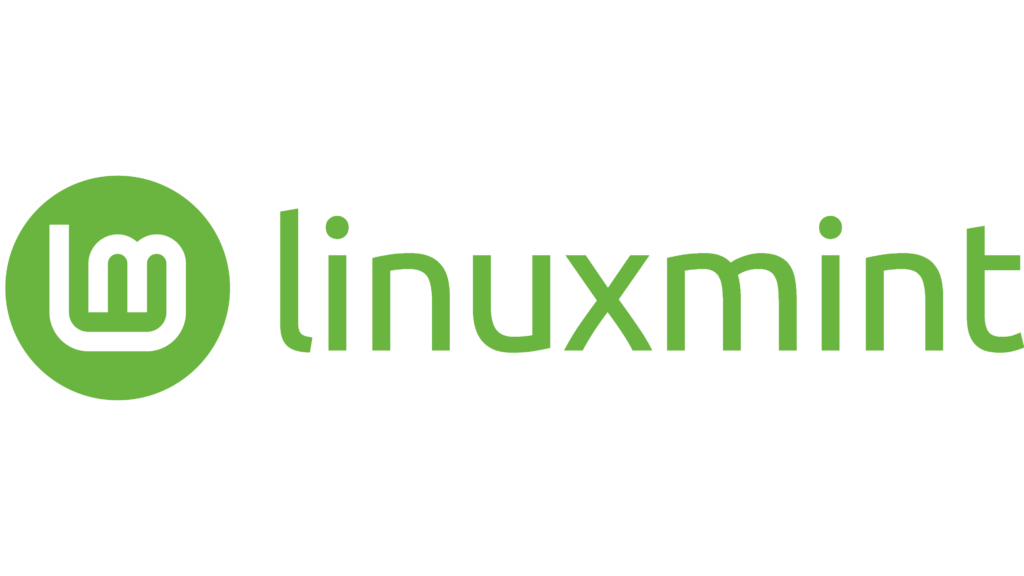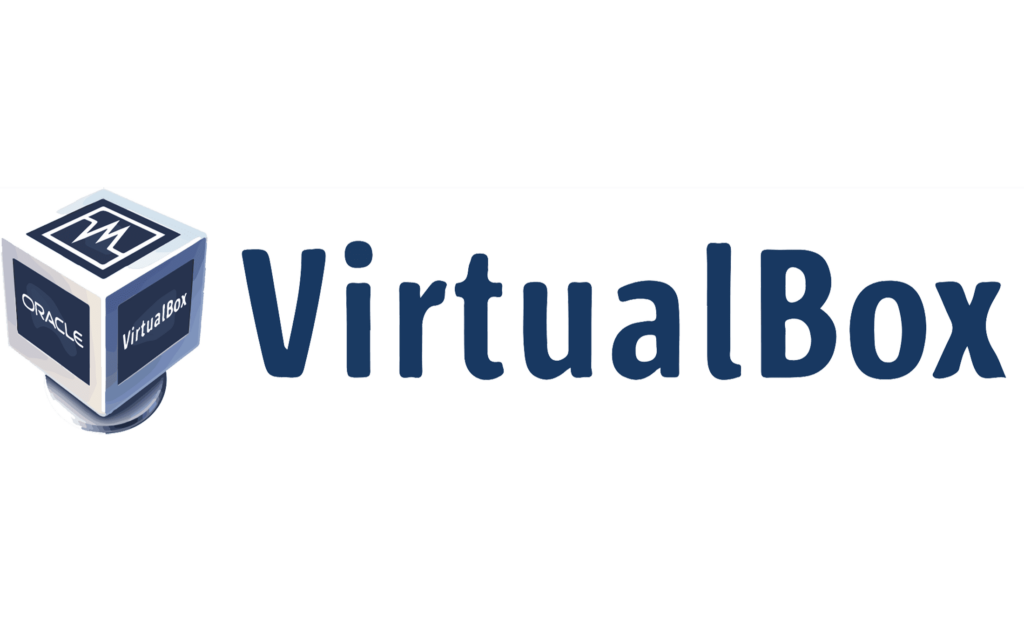


Hey guys, it’s been a hot minute since my last post! Anyways, so, recently I’ve been wanting to give Linux a shot again as it has been well over 10 years since I was last very fluent with Linux. I’d say back in 2010 through 2016 you could consider myself a Linux guru. I knew how to install a Linux OS basically from scratch based on Ubuntu or Debian from a netinstall ISO file. I was install everything I wanted manually and nothing more.
As more and more businesses move to the cloud such as AWS and Azure Cloud, I realized that businesses are relying more and more on Linux. Due to this, I quickly realized that I need to become fluent in Linux like I was previously back in the day. I started watching YouTube videos of the latest Linux releases and read numerous blog posts and how-to articles to bring myself up to speed with what’s changed in the past decade. Driver support has gotten better, there are tons of more desktop environments, more package file types, better video game compatibility, and different Terminal commands.
For the next 30 days I’d like to challenge myself by becoming a Linux guru once again. Within the past few days, I’ve installed Debian “Testing” in VirtualBox and installed numerous desktop environments. The next step is to install Debian “Testing” on my secondary 1TB Samsung Pro NVME M.2 SSD and play around without virtualization and full driver support and hardware acceleration. I figured it would be best to learn Linux by going with an Independent OS that thousands of other distributions are based off of. The “Testing” branch of Debian is a rolling-release and updates are pushed out to “Testing” before they get moved to the “Stable” branch meaning I’d always be on the latest and greatest, while also having some stabilitity by not using the “unstable” branch. Another option I’ve considered is using LMDE 6 which is based on Debian 12.4 Stable which was released on December 10th of 2023.
I’ll report back 30 days from now how my experience went with using Linux as primary OS as well as gained experience and knowledge.